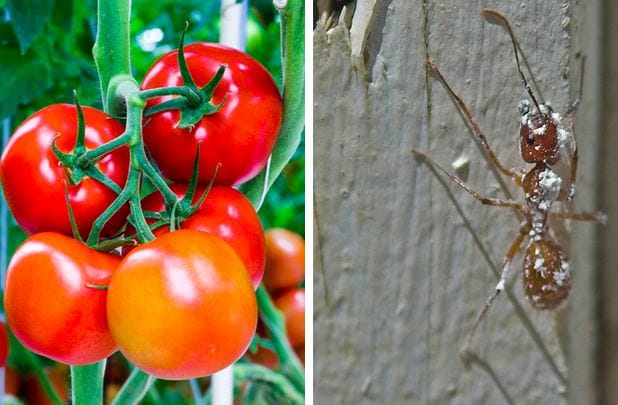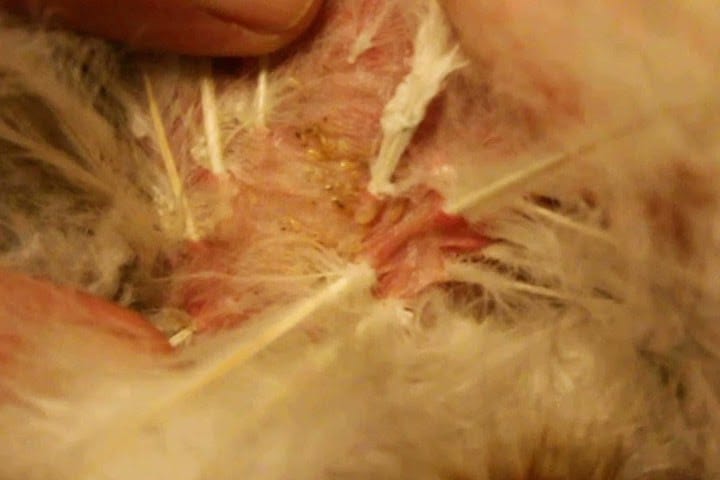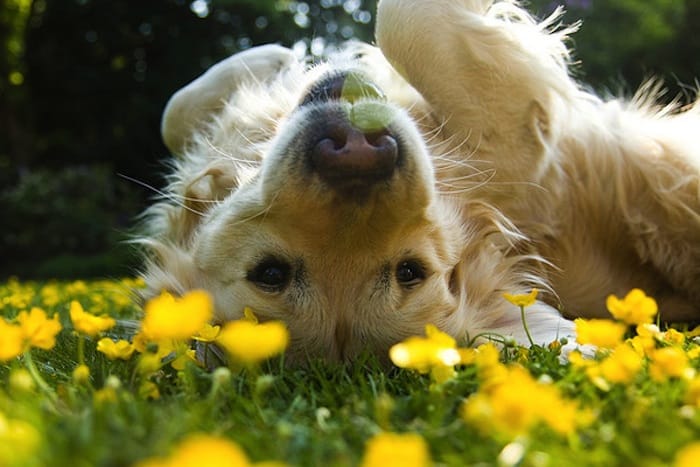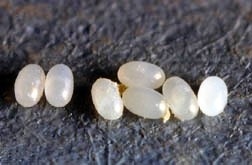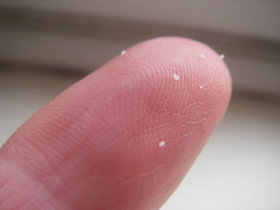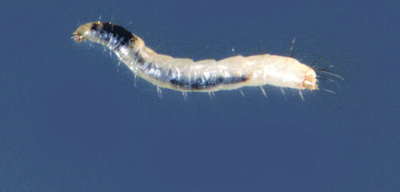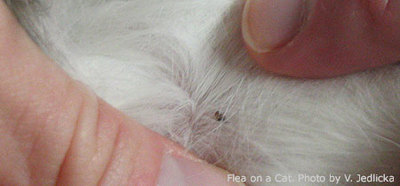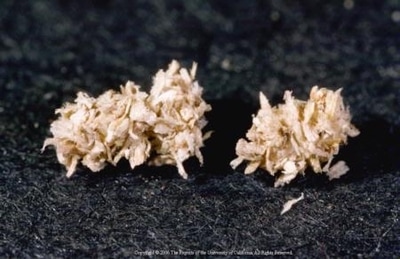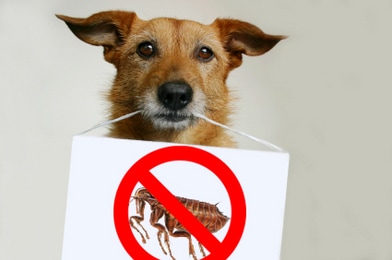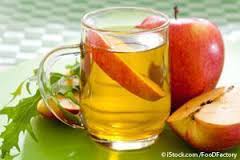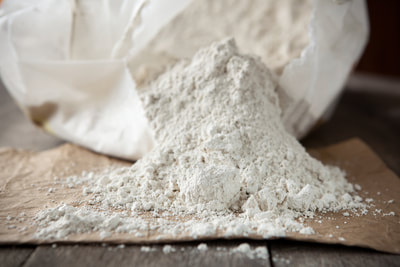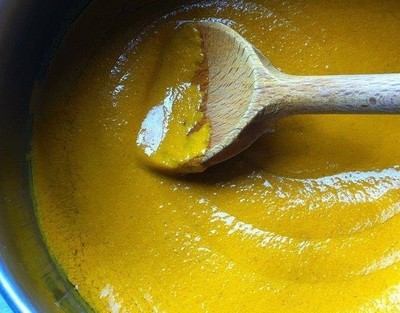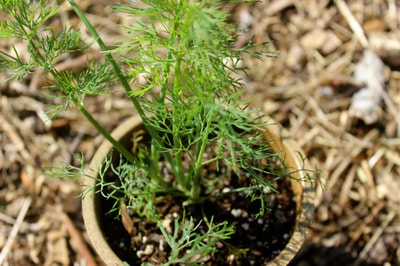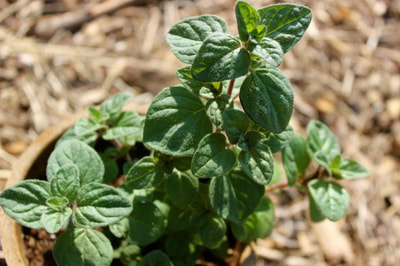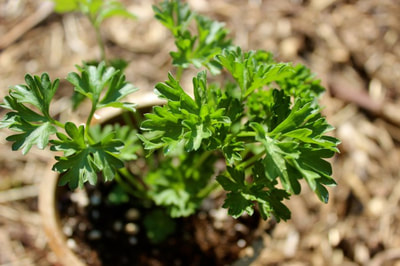"Prevention is the best method for managing
pests & parasites"
pests & parasites"
Integrated pest management (IPM) is an environmentally sensitive way of managing pests.
It uses a combination of practices and control methods to prevent problems from occurring
rather than dealing with them after they have happened.
iPM practices include forward planning, regular monitoring and timely decision-making.
IPM can be applied in agricultural and non-agricultural settings, such as the home, garden,
workplace and natural spaces.
EPA New South Wales
http://www.epa.nsw.gov.au/
An all-rounder nATURAL PARASITE & PEST prevention
GARDEN BUGS & GRUBSSPRING & SUMMER TIME
Fleas ~ Ticks ~ Backyard ~ Home Vegie gardens ~ Strawberry patch Fruit trees ~ Ants ~ Parasites Diatomaceous Earth is environmentally safe to use. |
POULTRY PARASITESCheck out our new BLOG
We show you how to use Diatomaceous Earth & > Reduce reliance on chemical treatments > Improve immunity & overall health > Identify & manage potential risk > Improve feed conversion > Reduce medical expenses & deaths read now 'Cleaning out the Coop (using Diatomaceous Earth)' onsite @ Hunter Fine Feathers |
pets & animal (incl. husbandry)A source of essential minerals incl. Calcium and Silica, these minerals are essential to bone strength (incl. teeth), growth & wearing of joints.
Silica's benefits to overall immunity can have a positive impact on your pet's resilience to common issues like allergens (tchy), parasite resistance, weight problems and their immunity's ability to fight infection. |
WHERE THERE ARE PETS, THERE ARE USUALLY....... FLEAS!
There are 4 stages in the flea life cycle
EGG - LARVAE - PUPAE - ADULT
Various modern treatments and prevention products work on
different parts of this life cycle
<>
Only 5-10% of any flea infestation is found on your pet (the host)
<>
Pupae have a sticky outer coating that allows them to hide deep in the carpeting and not be easily removed by light vacuuming or sweeping. The cocoon also serves to protect the developing adults from chemicals. If environmental conditions are not right for emergence, the cocoon can protect the developing flea for
up to 12 months, and in some cases, years.
<>
The adult flea will not emerge until the presence of a potential host is made obvious - by vibrations, rising levels of carbon dioxide, and body heat. This may be triggered by your pet walking by, or people moving in the house, alerting the flea to emerge from its cocoon to feed.
<>
Adult fleas can survive up to 12 hours submerged in water
yes really!
<>
When chemical control is necessary, choose a safer treatment and
avoid the most toxic chemicals.
<>
Pesticides should always be used with caution and adhere to the recommended PPE. Consult with your veterinarian if you have any doubts.
1. YOUR PET / THE 'HOST'
Firstly, fleas need a host and that's usually your pets.
Once a flea has emerged from the cocoon, it will need to begin feeding from a host within a few hours. They are attracted by body heat, movement and exhaled carbon dioxide. Female fleas are not able to lay eggs until they obtain a blood meal.
Remember FLEAS are parasites that have evolved over their existence to become resistant to many of the chemical treatments available and whilst we'd all love to do away with these methods - reducing their use in the first instance is a good place to start.
2. YOUR HOME & YARD
These days our pets are as much our family members then ever before and welcomed inside the home.
When fleas are found on your pet, then you can guarantee they're in your home and yard. Think of your pet like one big salt and pepper shaker and fleas and the flea eggs - the salt and pepper.
P.S. doesn't need to be hosed in or applied before rain - DE is more effective in dry form 'al-naturale'. Should be reapplied as needed or if washed away in heavy rain.
Firstly, fleas need a host and that's usually your pets.
Once a flea has emerged from the cocoon, it will need to begin feeding from a host within a few hours. They are attracted by body heat, movement and exhaled carbon dioxide. Female fleas are not able to lay eggs until they obtain a blood meal.
- If you can never seem to get through a season without fleas, we suggest a good bath and brush/combed (or have a dog groomer do this for you) and a flea treatment plan for the first few months whilst you work on getting your yard & home under control. Not addressing these areas or areas your pet frequents in the first instance is simply counterproductive.
- We recommend starting in August (before eggs start hatching in Spring) as this will give you a good head start and will increase your chances of success.
Remember FLEAS are parasites that have evolved over their existence to become resistant to many of the chemical treatments available and whilst we'd all love to do away with these methods - reducing their use in the first instance is a good place to start.
2. YOUR HOME & YARD
These days our pets are as much our family members then ever before and welcomed inside the home.
When fleas are found on your pet, then you can guarantee they're in your home and yard. Think of your pet like one big salt and pepper shaker and fleas and the flea eggs - the salt and pepper.
- Vacuuming is really the best way to address fleas inside your home. Focus on skirting boards, underneath lounges and any other nook and cranny that you may have.
- Vacuuming daily for 7-10 days and dispose of the bag contents each time. If you have an old/unused flea collar - throw it in and it can only help with any emerging eggs or larvae left behind.
- Spreading Food Grade Diatomaceous Earth* just before it starts to warm up all over your lawn, gardens, carpets, kennel or pet's bedding and anywhere else your pet frequents (like their fave old lounge on the back verandah or under the shady tree) will help address any dormant eggs it comes into contact with plus your lawn will love the extra minerals DE contains (depending on size of yard but usually 10-20 kg is required). * This method can also be used throughout the flea season to address a new or previously unnoticed infestation.
P.S. doesn't need to be hosed in or applied before rain - DE is more effective in dry form 'al-naturale'. Should be reapplied as needed or if washed away in heavy rain.
herbs for our pets and poultry
A balanced diet with good sources of proteins, vitamins & other minerals is always going to the number one step in preventing pests and parasites in our animals whether they are big or small. Simply put, healthy pets are less vulnerable to parasites and disease.
Incorporating many commonly used herbs & supplements into our pets diet that are known to benefit their health and deter parasites, is a commonly accepted strategy used to reduce or remove any need for nasty chemical treatments.
Here is one strategy we incorporate into our pest management planning;
#1 Food Grade Diatomaceous Earth
When added to the animal's feed regularly, Diatomaceous Earth (amorphous silica) has many benefits for our animals incl. horses, dogs + poultry, including;
<<< find out more info via this link about the benefits of DE for pets & livestock >>>
#2 Add to FOOD
#3 Add to WATER
> to use - add up to a half of the volume held in the water feeder with chilli & garlic water then fill with plain fresh water.
Incorporating many commonly used herbs & supplements into our pets diet that are known to benefit their health and deter parasites, is a commonly accepted strategy used to reduce or remove any need for nasty chemical treatments.
Here is one strategy we incorporate into our pest management planning;
#1 Food Grade Diatomaceous Earth
When added to the animal's feed regularly, Diatomaceous Earth (amorphous silica) has many benefits for our animals incl. horses, dogs + poultry, including;
- improves bone/joint health,
- silica is an important part of skin/coat/feather growth & condition,
- a natural intestinal de-wormer for prevention of parasites
- improves mineral absorption when digesting food
<<< find out more info via this link about the benefits of DE for pets & livestock >>>
#2 Add to FOOD
- a clove of fresh raw garlic, carrot (raw, unpeeled, grated), ground Pumpkin Seeds for internal parasites (Dogs)
- Turmeric & Cracked Pepper for building immunity and a natural anti-inflammatory (Horses/Dogs/Poultry)
- Fresh Oregano or Oregano Oil for it's antibiotic, antifungal and antiparasitic properties (Poultry/Dogs)
- Curry powder, 1/4 tsp (Dogs)
#3 Add to WATER
- ALL of our animals are given a splash of Apple Cider Vinegar (in food or water)* for overall good health and help deter external parasites.
- 2 or 3 crushed cloves of fresh raw garlic
- chopped red chilli (heat isn't a factor)
- a pinch of fresh chopped herbs (optional)
> to use - add up to a half of the volume held in the water feeder with chilli & garlic water then fill with plain fresh water.
* Please note: ACV (Apple Cider Vinegar) can improve the absorption of antibiotics (and some other medications). Do NOT administer in extreme heat as can prohibit calcium absorption in some animals. ** A managed treatment plan is recommended for long term prevention of pests & parasites.
Sometimes you will select a specific herb or supplement for promoting good health that also has other benefits to improve or maintain good health in our animals.
Recently Turmeric has come to the forefront in our own human medical research, mainly due to the variety of ways it is good for us. One popular use of turmeric is for it's natural anti-inflammatory properties because it naturally stimulates the cortisone hormones in the body which helps with recovery and pain management of soft tissue, muscle, ligament strains and sprains. For animal owners, this would be a great addition in the diet of older pets, injured or recovering pets/animals and working or competition pets/animals.
Add some coconut oil and you have 'Golden Paste' which is popular natural remedy for treating itchy horses and dogs.
Recently Turmeric has come to the forefront in our own human medical research, mainly due to the variety of ways it is good for us. One popular use of turmeric is for it's natural anti-inflammatory properties because it naturally stimulates the cortisone hormones in the body which helps with recovery and pain management of soft tissue, muscle, ligament strains and sprains. For animal owners, this would be a great addition in the diet of older pets, injured or recovering pets/animals and working or competition pets/animals.
Add some coconut oil and you have 'Golden Paste' which is popular natural remedy for treating itchy horses and dogs.
And to answer the most obvious question,
which herbs are good for managing pests?
which herbs are good for managing pests?
BASIL
Antibacterial & high in protein. Repels house flies and mosquitoes. Basil especially protects cabbages, beans, and tomatoes. It even protects cucurbits from downy mildew. Grow basil in pots near doorways to deter flies.
DILL
Ground seeds help dispel intestinal worms. In the garden, this herb will help repel aphids, squash bugs, spider mites, cabbage loopers and tomato hornworms.
GARLIC
Natures antibiotic and has the ability to repel airborne and soilborne pests. The smell of garlic and other alliums confuses carrot fly and white cabbage butterfly. It deters beetles, spider mites and fruit flies (Mexican bean beetle, peach tree borer), rabbits and external parasites like fleas, lice, mites etc.
LAVENDER
Lavender not only repels pests in your garden, it also smells (and looks) heavenly. It’s used to repel most insects you’d want to keep out of the garden, particularly fleas, moths and mosquitoes. Place tied bouquets in your home to help keep flies outdoors. Plant it in sunny areas of the garden or near entryways to your house to help keep those areas pest free. You can also use oil extracted from the flowers as a mosquito repellent you can apply to exposed skin when going into the garden or patio.
NEEM
Because of the number of different substances in neem oil it works by a range of different means including affecting insect growth, inhibiting feeding, sterilisation and inhibition of mating behaviour or egg laying and blocking development of disease-causing organisms carried by mosquitoes. When neem is sprayed on plants it is effective against a wide range of leaf-eating or sap-sucking insects, but their susceptibilities vary. Those most susceptible include cutworm and larvae of moths, butterflies and beetles. Leaf miners, grass hoppers, locusts, aphids, some adult beetles, white flies, spider mites, fruit maggots, scale insects and fruit flies are also susceptible. Neem is non-toxic to humans, earthworms, animals, birds and bees.
OREGANO
Repels many pests and will provide ground cover. Is often referred to as the “cure in the cupboard." A natural antibiotic mostly used for colds, flu and as an anti-fungal and anti-bacterial. It’s been commonly used to aid with conditions like candida, all types of viral infections and common bugs like Salmonella and E. coli that may affect dogs.
ROSEMARY
Rosemary is available in various forms and is often cited for its ability to repel fleas, ticks, mosquitoes and other bugs. Plant a rosemary bush as part of your garden to help repel mozzies and a variety of insects harmful to vegetable plants. Because of rosemary’s antimicrobial prowess, it can be used in antibacterial skin or eye rinses, to help with minor cuts and burns, and for infections in the mouth area, urinary and digestive tracts.
THYME
Contains vitamin K, iron, manganese, calcium and dietary fibre. Its primary active ingredient, thymol, helps inhibit the growth of fungus and bacteria. Thyme also contains a variety of flavonoids which increase its antioxidant properties.
Antibacterial & high in protein. Repels house flies and mosquitoes. Basil especially protects cabbages, beans, and tomatoes. It even protects cucurbits from downy mildew. Grow basil in pots near doorways to deter flies.
DILL
Ground seeds help dispel intestinal worms. In the garden, this herb will help repel aphids, squash bugs, spider mites, cabbage loopers and tomato hornworms.
GARLIC
Natures antibiotic and has the ability to repel airborne and soilborne pests. The smell of garlic and other alliums confuses carrot fly and white cabbage butterfly. It deters beetles, spider mites and fruit flies (Mexican bean beetle, peach tree borer), rabbits and external parasites like fleas, lice, mites etc.
LAVENDER
Lavender not only repels pests in your garden, it also smells (and looks) heavenly. It’s used to repel most insects you’d want to keep out of the garden, particularly fleas, moths and mosquitoes. Place tied bouquets in your home to help keep flies outdoors. Plant it in sunny areas of the garden or near entryways to your house to help keep those areas pest free. You can also use oil extracted from the flowers as a mosquito repellent you can apply to exposed skin when going into the garden or patio.
NEEM
Because of the number of different substances in neem oil it works by a range of different means including affecting insect growth, inhibiting feeding, sterilisation and inhibition of mating behaviour or egg laying and blocking development of disease-causing organisms carried by mosquitoes. When neem is sprayed on plants it is effective against a wide range of leaf-eating or sap-sucking insects, but their susceptibilities vary. Those most susceptible include cutworm and larvae of moths, butterflies and beetles. Leaf miners, grass hoppers, locusts, aphids, some adult beetles, white flies, spider mites, fruit maggots, scale insects and fruit flies are also susceptible. Neem is non-toxic to humans, earthworms, animals, birds and bees.
OREGANO
Repels many pests and will provide ground cover. Is often referred to as the “cure in the cupboard." A natural antibiotic mostly used for colds, flu and as an anti-fungal and anti-bacterial. It’s been commonly used to aid with conditions like candida, all types of viral infections and common bugs like Salmonella and E. coli that may affect dogs.
ROSEMARY
Rosemary is available in various forms and is often cited for its ability to repel fleas, ticks, mosquitoes and other bugs. Plant a rosemary bush as part of your garden to help repel mozzies and a variety of insects harmful to vegetable plants. Because of rosemary’s antimicrobial prowess, it can be used in antibacterial skin or eye rinses, to help with minor cuts and burns, and for infections in the mouth area, urinary and digestive tracts.
THYME
Contains vitamin K, iron, manganese, calcium and dietary fibre. Its primary active ingredient, thymol, helps inhibit the growth of fungus and bacteria. Thyme also contains a variety of flavonoids which increase its antioxidant properties.
Please note:
You should always use your own judgement and take all natural remedies in context, many are great but some can have contradictions under certain conditions
Always do your own research. Just because it's 'natural' doesn't mean there are no side effects. And remember, you're playing with your animals health, so please use in conjunction with your vet's advice and/or treatments. If in doubt, it never hurts to just check with your vet first.
Information Resources Find nutritional analysis data via this link
http://www.sgaonline.org.au/pest-repellant-plants/
http://www.sgaonline.org.au/neem/
http://cceniagaracounty.org/wp-content/uploads/2014/02/companion-planting-info.pdf
http://homeguides.sfgate.com/indoor-pestrepellent-plants-73394.html
web.extension.illinois.edu/ccdms/yg/120811.html
You should always use your own judgement and take all natural remedies in context, many are great but some can have contradictions under certain conditions
Always do your own research. Just because it's 'natural' doesn't mean there are no side effects. And remember, you're playing with your animals health, so please use in conjunction with your vet's advice and/or treatments. If in doubt, it never hurts to just check with your vet first.
Information Resources Find nutritional analysis data via this link
http://www.sgaonline.org.au/pest-repellant-plants/
http://www.sgaonline.org.au/neem/
http://cceniagaracounty.org/wp-content/uploads/2014/02/companion-planting-info.pdf
http://homeguides.sfgate.com/indoor-pestrepellent-plants-73394.html
web.extension.illinois.edu/ccdms/yg/120811.html

\
PESKY MOZZIES RUINING YOUR LIFE OUTSIDE?
TIPSBULLETIN HELPS YOU GET BACK INTO YOUR GARDEN
17 Amazing Plants That Repel Mosquitoes Fast
Note: redirects to external link.
PESKY MOZZIES RUINING YOUR LIFE OUTSIDE?
TIPSBULLETIN HELPS YOU GET BACK INTO YOUR GARDEN
17 Amazing Plants That Repel Mosquitoes Fast
Note: redirects to external link.


